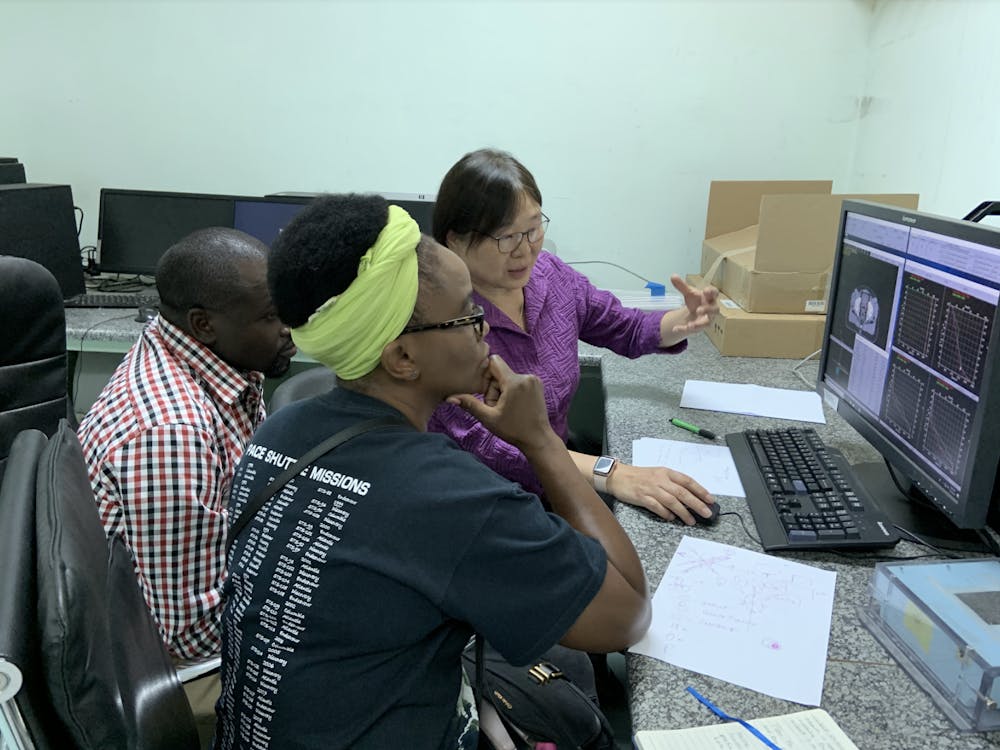A social enterprise startup, using technology developed at UNC, aims to close the growing global cancer treatment disparity by providing cost-effective, personalized radiation therapy to cancer clinics in low- to middle-income countries.
Sha Chang, professor of physics at UNC, founded EmpowerRT in 2017, after she said she realized that much of high-income countries' knowledge and innovation is not shared with poorer countries.
Cancer is currently the second leading cause of death worldwide. More than 70 percent of all cancer deaths occur in low- and middle-income countries, according to World Health Organization data.
Cancer mortality in more developed countries is expected to decrease by about 30 percent by 2030, while it is expected to increase more than 70 percent in less developed countries, according to a National Cancer Institute report.
One of the factors contributing to this trend is a lack of access to potentially curative therapy in less developed countries.
“Bringing modern radiotherapy treatments to low- and middle-income countries has been a challenge for a lot of major vendors, because the infrastructure and the resources are just not ready to take on all the high-tech products that are being produced,” Parth Amin, EmpowerRT’s director of partnerships, said.
EmpowerRT addresses this issue by modifying existing radiation therapy machines in developing countries at five to 10 percent of the cost of purchasing modern machines and technology.
Upgrading an existing machine or purchasing a new one capable of delivering intensity-modulated radiation therapy would be expensive, costing clinics at least $500,000, which is money Chang said they do not have.
The existing machines in these countries are often basic and are not equipped to deliver intensity-modulated radiation therapy, which targets cancerous areas more effectively by preserving more healthy tissue. This treatment has been the standard of care in the United States for the last 25 years because it results in better outcomes and lower treatment toxicity.



